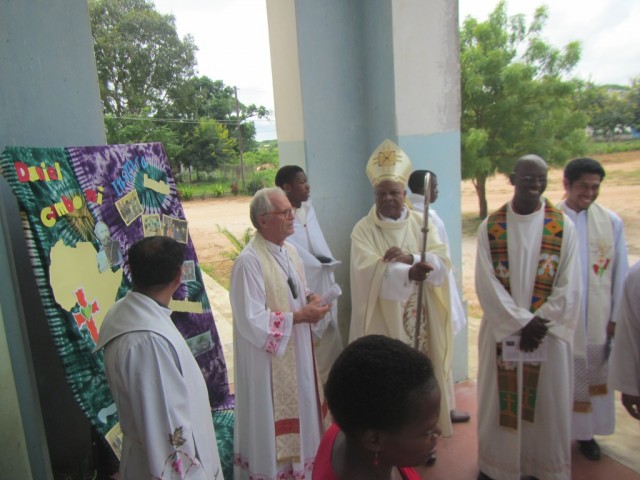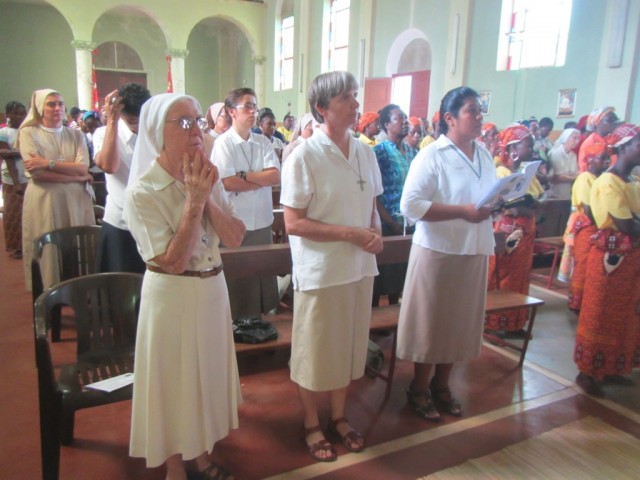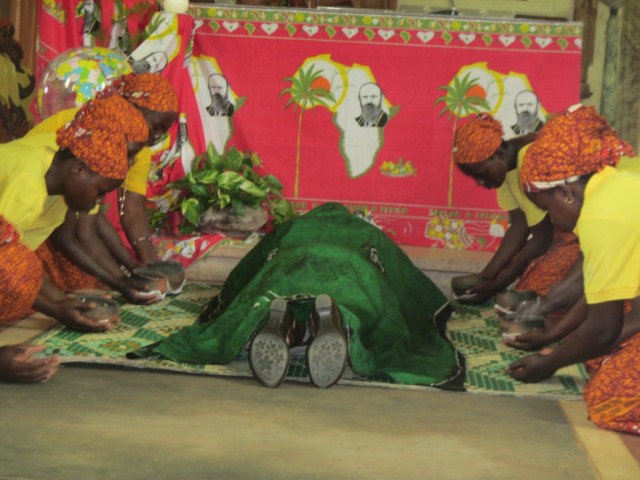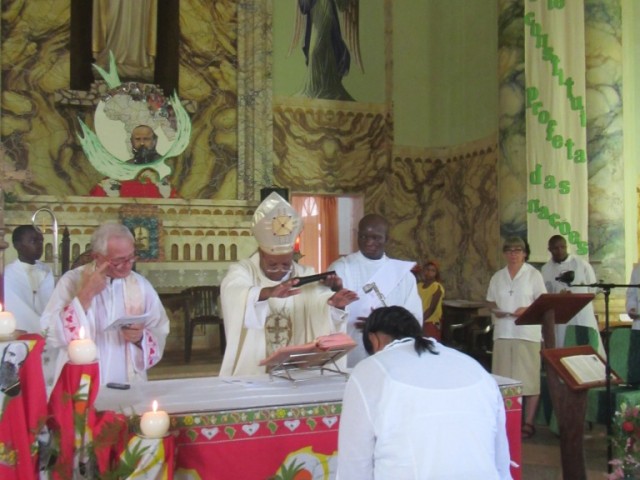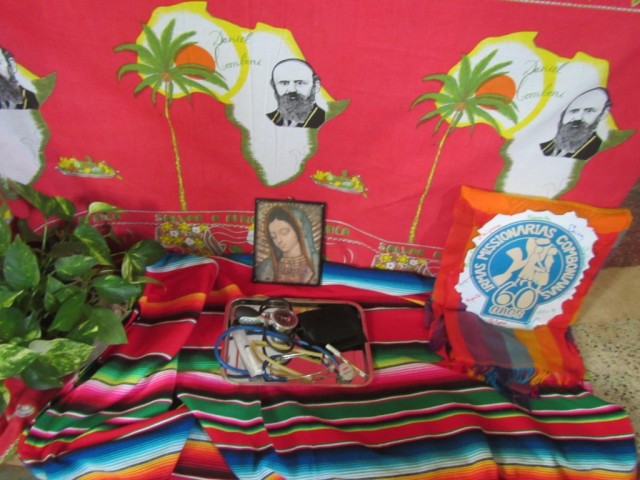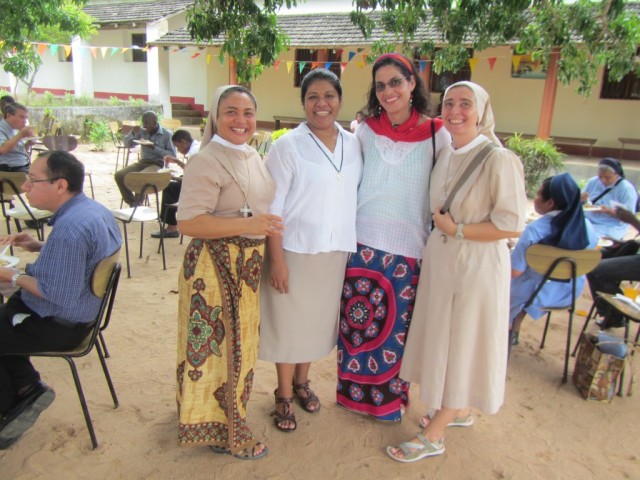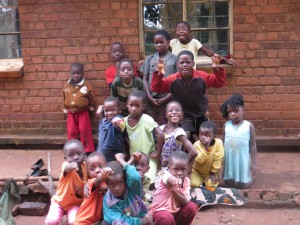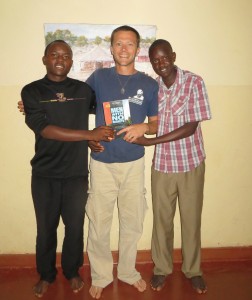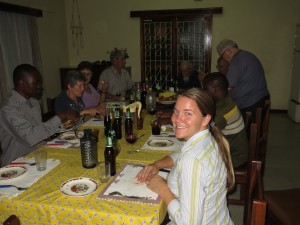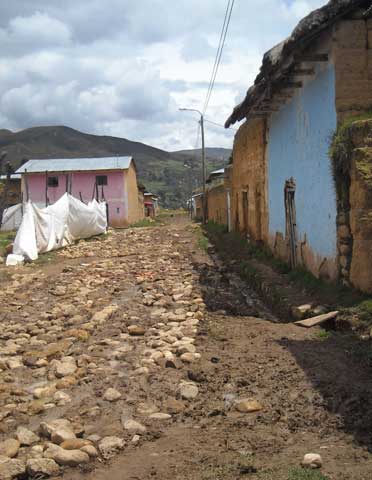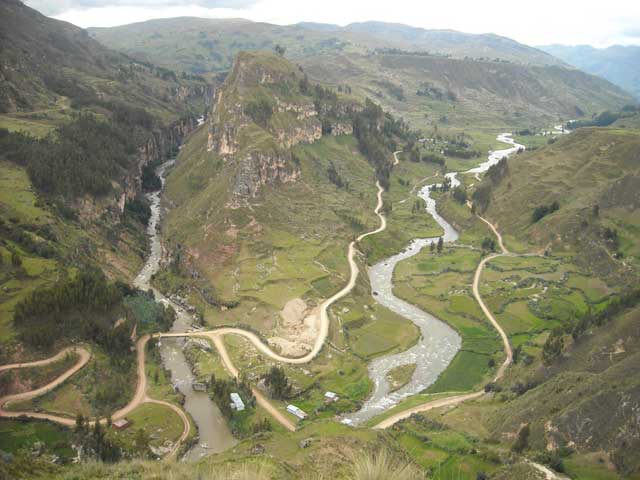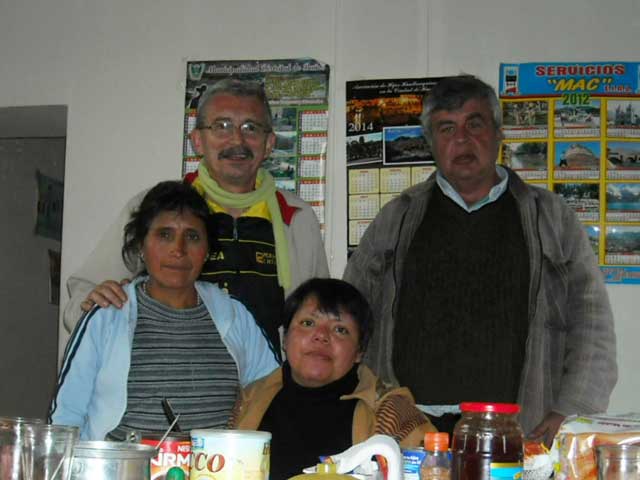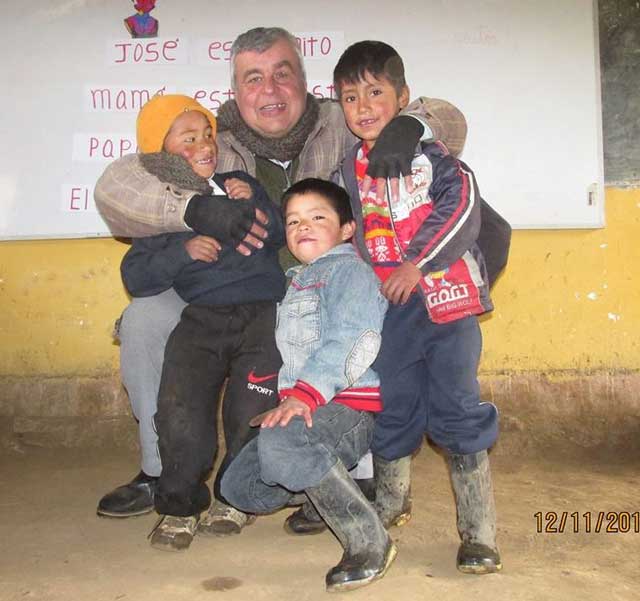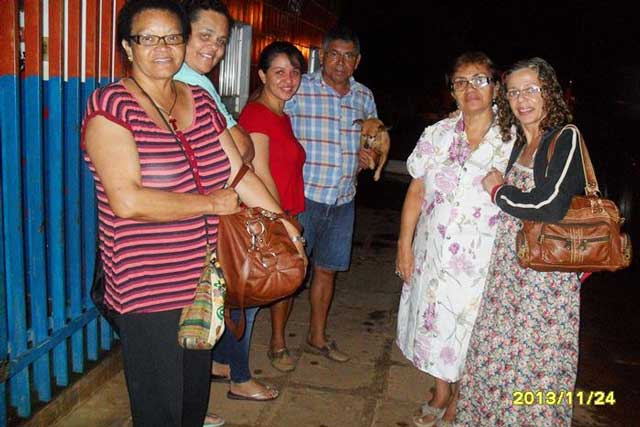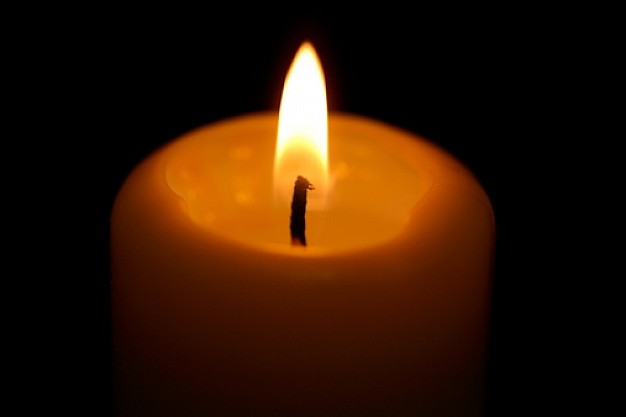 The traditions of mourning the death of a loved one here in Ethiopia are some of the most different to us coming from a western culture. Funerals are significant occasions here that involve the entire community. A white tent pitched alongside a house or the street is a sure sign of a family in mourning. When a person dies, mourners gather at the deceased’s home to comfort the family. The mourning tent will remain up for more than a week and during that time the family is never alone. Friends and relatives (and distant relatives and acquaintances) will come by each day to speak and offer their condolences but mostly to sit in silence with the family. A typical funeral may be attended by thousands of people.
The traditions of mourning the death of a loved one here in Ethiopia are some of the most different to us coming from a western culture. Funerals are significant occasions here that involve the entire community. A white tent pitched alongside a house or the street is a sure sign of a family in mourning. When a person dies, mourners gather at the deceased’s home to comfort the family. The mourning tent will remain up for more than a week and during that time the family is never alone. Friends and relatives (and distant relatives and acquaintances) will come by each day to speak and offer their condolences but mostly to sit in silence with the family. A typical funeral may be attended by thousands of people.
The family is usually a member of a local community group called an Idir. It is a self-help funeral insurance club, and members meet monthly to make decisions about funds. At the committee members’ discretion, funds might also be used for credit or during times of hardship. A typical Idir may be composed of 50 families. Every month each family in the Idir contributes approx 15 birr (1$) to the fund, and if someone in their family dies, a sum of money will be given to the family to help with the costs of the burial and funeral. While the family is grieving, the Idir will also quickly mobilize to make decisions for them and provide the mourning tent, large pots for cooking, utensils, chairs, benches and tables. The Idir’s whole raison d’être is to provide a dignified and proper time of mourning for the family and it does this by lifting the entire weight of funeral logistics and finances from the family.
When visiting the family’s house to mourn, it is amazing that many times no words are said at all. People will come and go, without saying anything or without even directly greeting the mourning family members. Sometimes in life words are insufficient and Ethiopians abide by this truth when it comes to mourning. The important thing is to be present. A few times, my (Mark) whole office has been closed for the entire staff to go mourn. Our whole group (with women wearing black scarves over their heads) would enter the compound or house and sit down in silence on long wooden benches, with seats closest to the mourning family being presented to the elder or highest respected guests. We would sit in silence for maybe half an hour with a piece of bread or roasted barley being served to us. Then after a suitable amount of time, Fr. Sisto, the director of our office and most elder (with appropriate white hair) would stand and say a few words and a prayer for the deceased and the family. Our whole staff would then process out quietly without a word.
Forty days after the death there is another big celebration to mark the end of the main mourning period. Typically during the forty days, family members of the deceased would wear different garments (mostly black) and hairstyles (widows often cutting off their hair). Many times some relatives would come and sleep at the mourning family’s house for the entire 40 days to ensure that they are not alone. A small memorial altar is usually assembled with a photo of the deceased and a burning candle. The 40 day celebration typically involves a memorial mass at the church (for Orthodox and Catholics) followed by a meal at the family’s home. The white tent will be set up again and members of the Idir will come and help with cooking and preparations. In October, the father of one of our closest friends died while I (Maggie) was working in the south and being in the rural countryside I didn’t receive the news until a few days after the funeral. After returning from the South, I really wanted to attend the 40 day celebration to give my support to her and her family.
Our friend lives in Awassa but her family is from the small town of Kebre Mengist about 10 hours away. I stayed at her house here in Awassa the night before our departure so that we could catch the 4am bus together. We arrived two days before the celebration to help with preparations. We walked from the bus station and were in the middle of normal conversation as we entered the family compound when suddenly everyone burst into tears and wails. This was a final outlet to release the residual sadness that still remained. We wailed until one of the elders, an Uncle, simply said, ‘it is enough’ and then we moved on.
The next day at dawn an ox was bought and slaughtered and women began arriving in large numbers with baskets of onions, garlic, tomatoes and carrots tied on their backs. They sat under the shade of the trees, working away at peeling and chopping vegetables or sorting lentils in colourful woven baskets, and chatted as they worked. The full day they prepared stews and injera for the next days’ lunch. I joined in and they let me stir the stew in a massive 200L pot. The work was broken up by coffee ceremonies throughout the day. Incense wafted in the air. People sat and people stayed.
They appreciated that I wanted to be there with them, and I was even given a sleeping place of honour in a bed (..with my friend and her aunt!). Eight other relatives slept all around us on various forms of mats and mattresses on the ground. The mass at the Orthodox Church the next morning was simple and meaningful and hundreds of people came afterwards to share lunch together. For us, we barely left the sleeping room all day. We sat, and people came, and rested, and told stories and shared memories. There was far more talking than during the days immediately after the death, which reveals that the 40 days of intense mourning, letting all the feelings and tears out, has brought a healing that may otherwise not have come without this journey.
– Maggie
Maggie, Mark and Emebet Banga, Comboni Lay Missionaries, Awassa, Ethiopia




